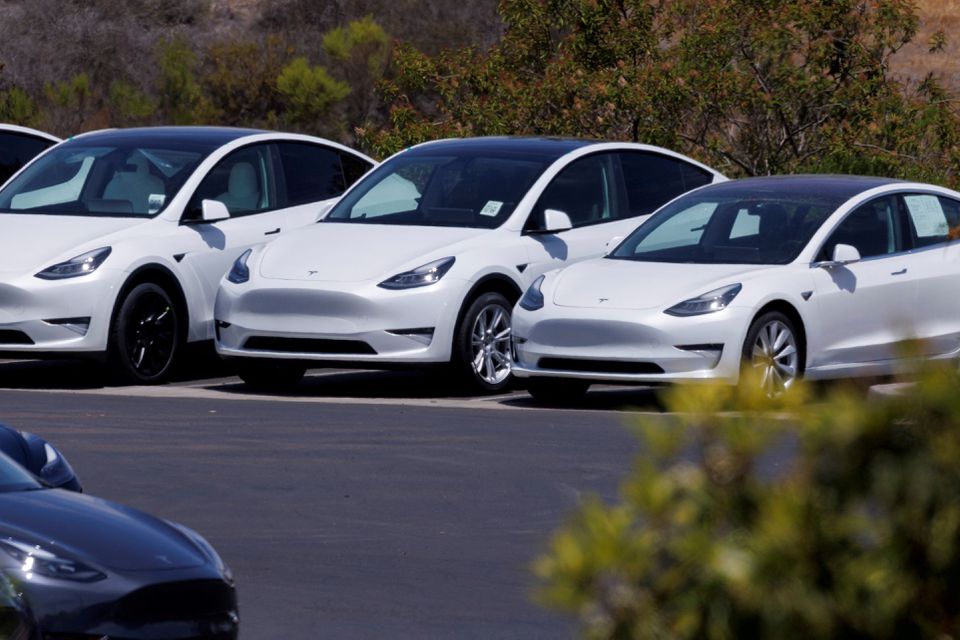By Paul Lienert
SANTA MONICA, Calif., Feb 7 (Reuters) – Automakers may not be able to build as many electric vehicles as they would like — and consumer demand for those EVs may not materialize as quickly as anticipated — if government and industry do not address and resolve a convergence of issues, a new study released on Tuesday said.
Among those roadblocks, a looming shortage of battery raw materials could put government mandates “in conflict with manufacturing reality” — one of the macro trends charted in the 2023 Moving World Report, published by investment firm UP.Partners.
The report notes that EV battery demand is expected to increase tenfold or more by 2030, but that a “massive dislocation” between demand and supply of key materials such as lithium, cobalt and nickel is likely to increase the cost of EVs to consumers — a stark finding as a global price war, ignited by leader Tesla (TSLA.O), escalates.
In keeping with its focus on “the movement of people and goods on the ground, in the air, at sea and in space,” UP.Partners looked beyond terrestrial vehicles to aviation, where it noted the dramatic rise in cargo drone deliveries in 2022 and a potentially “crippling” shortage of pilots by 2030.











